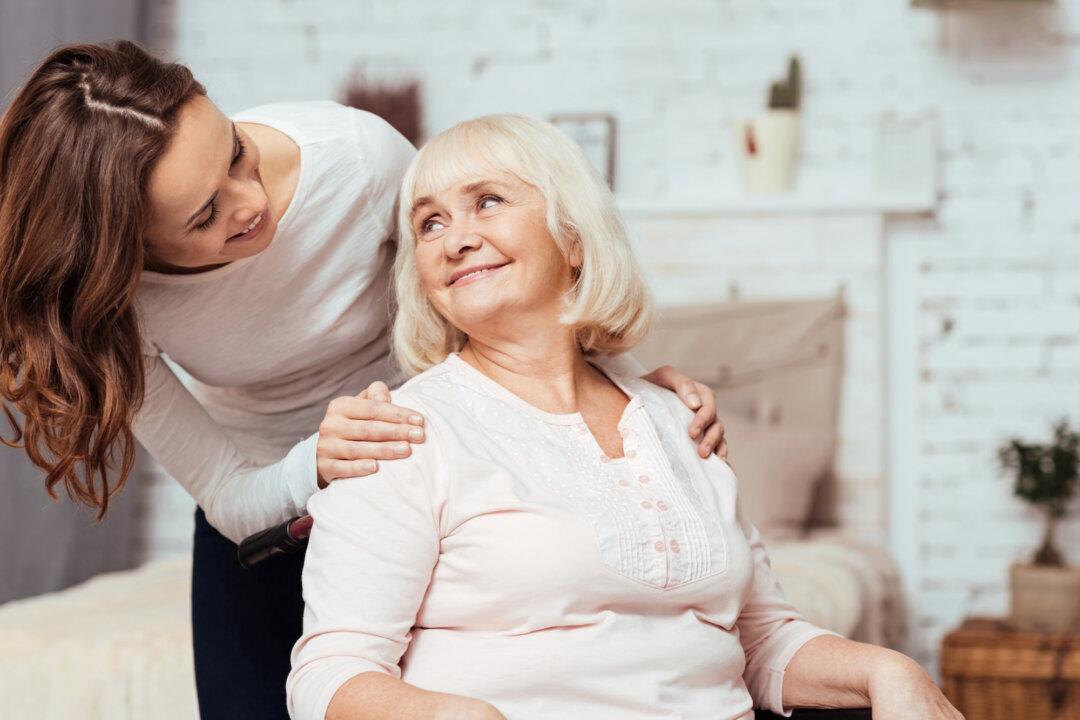Last year I spoke to mental health expert Gregory Jantz, author of “The Anxiety Reset: A Life-Changing Approach to Overcoming Fear, Stress, Worry, Panic Attacks, OCD and More” about the impact of lockdowns imposed to combat a pandemic. At the time, he shared his concerns about how people were handling weeks of shutdowns.
After more than a year of continuing measures, Jantz revisits Americans’ mental health. Here’s what he said.






